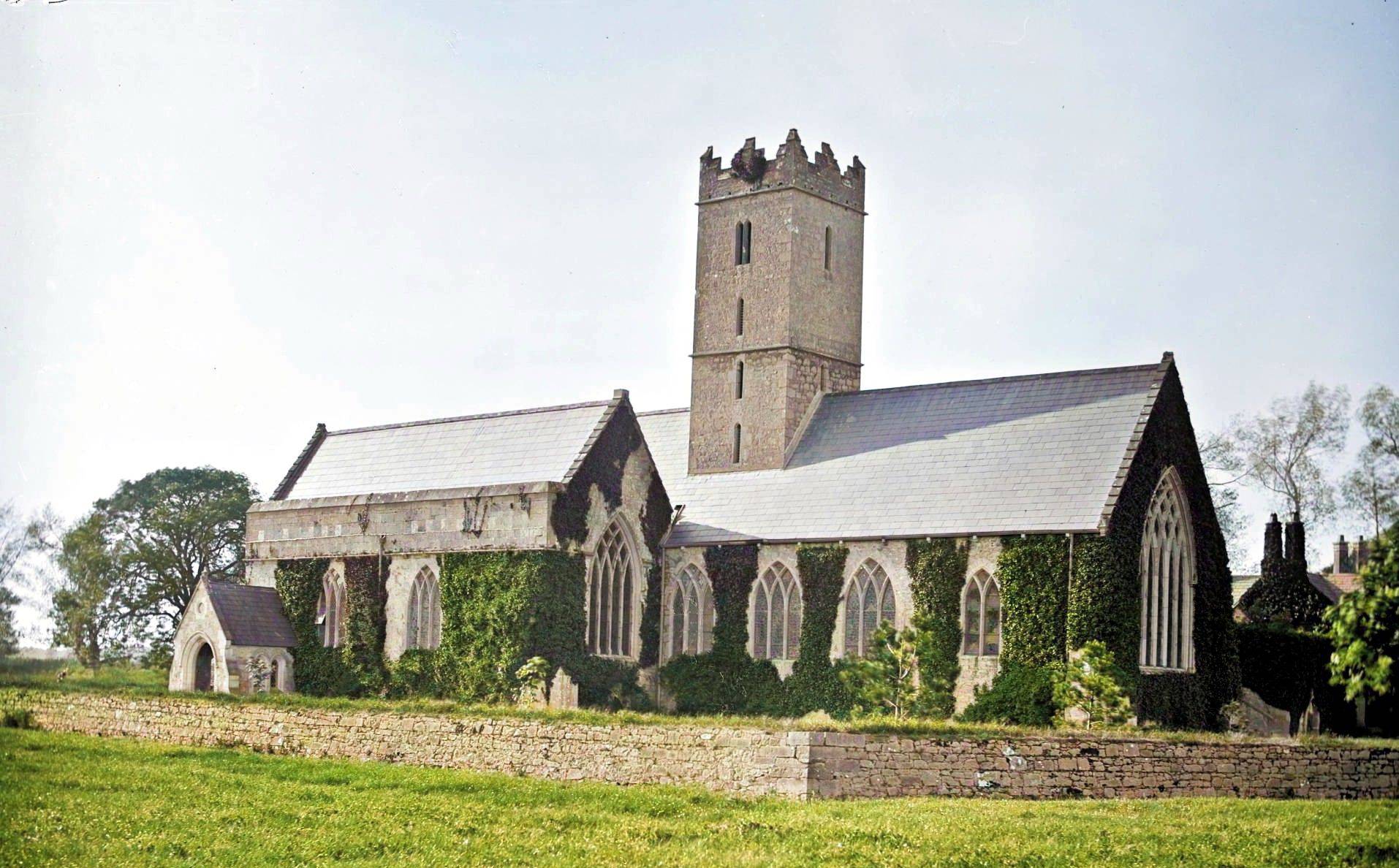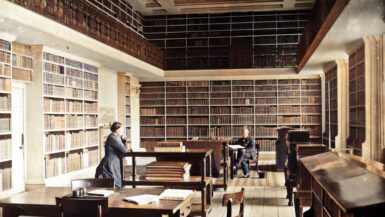If you’re looking to uncover your Irish ancestry, parish records are an invaluable resource. These records hold a wealth of information about your ancestors, including their names, dates of birth, marriages, and even their burial places. With the increasing availability of both online and offline resources, accessing Irish parish records has never been easier. In this guide, we’ll walk you through how to access Irish parish records, providing you with essential tips, resources, and insights for your genealogical journey.
Understanding Irish Parish Records
What Are Parish Records?
Parish records are documents created and maintained by the local parish churches. In Ireland, these records are primarily associated with the Roman Catholic Church and the Church of Ireland (Anglican). These records have been maintained for centuries, providing a rich source of information for genealogists and family historians.
Types of Parish Records
Baptismal Records
Baptismal records are among the most important parish records for genealogists. They typically contain the name of the child being baptized, the names of their parents, and the date of the baptism. In some cases, they may also include the names of godparents or witnesses, which can provide additional insights into your family’s social connections.
Marriage Records
Marriage records document the union of a couple and often include the names of the bride and groom, the date of the marriage, and the names of witnesses. These records can help you establish relationships between families and track the movements of your ancestors over time.
Burial Records
Burial records provide information about the deceased, such as their name, age, and date of death. In some cases, they may also include the cause of death or details about the burial location. These records can be helpful in establishing family relationships and identifying patterns of illness or mortality within your family.
Importance of Parish Records in Irish Genealogy
Parish records are a vital resource for Irish genealogy due to the lack of comprehensive civil registration records before 1864. Many of the earlier civil records were destroyed during the Irish Civil War, making parish records the primary source of information for researchers looking to trace their Irish roots.
Locating Irish Parish Records
Identifying Your Ancestor’s Parish
Before you can access Irish parish records, you’ll need to identify the parish where your ancestors lived. Begin by gathering information from family documents, such as letters, diaries, or photographs. Talk to your relatives and ask about any family stories or traditions that might provide clues about your ancestor’s origins.
Once you have some information about your ancestor’s life in Ireland, consult online resources like the Irish Family History Foundation (IFHF) or the General Register Office of Ireland (GRO) to help you identify the correct parish.
Online Resources for Irish Parish Records
National Library of Ireland (NLI)
The National Library of Ireland has a vast collection of digitized parish records, including baptismal, marriage, and burial records. Their online database is free to access and allows you to search for records by name, date, and parish.
Website: https://www.nli.ie/en/family-history-introduction.aspx
Roots Ireland
Roots Ireland is an online database that offers access to millions of Irish genealogical records from various sources, including parish records. While some records can be accessed for free, a subscription is required for full access.
Website: https://www.rootsireland.ie/
Irish Genealogy
Irish Genealogy is a government-run website that provides free access to a variety of Irish records, including church records from select parishes. You can search for records by name, event, and date range.
Website: https://www.irishgenealogy.ie/en/
Findmypast
Findmypast is a subscription-based genealogy website that offers a wide range of Irish records, including parish records from the Roman Catholic Church and the Church of Ireland. Their collection includes records from parishes that are not available on other websites.
Website: https://www.findmypast.com/
Ancestry
Ancestry is another subscription-based genealogy website that offers access to a variety of Irish records, including parish records. Their collection is not as extensive as Findmypast’s, but they do offer some unique records that may be of interest to your research.
Website: https://www.ancestry.com/
Offline Resources for Irish Parish Records
Local Parish Churches
In some cases, original parish records may still be held by the local parish church in Ireland. If you know the parish your ancestors were from, you can try contacting the parish priest or administrator to inquire about access to the records.
County Archives
County archives in Ireland often hold microfilm or microfiche copies of parish records. If you’re unable to access the records online, you may be able to view them at the local archives. Contact the county archive in the area where your ancestors lived to inquire about their holdings.
The National Archives of Ireland
The National Archives of Ireland holds a wide range of genealogical resources, including some parish records. While many of their records are available online, you may need to visit their reading room in Dublin to access certain collections.
Website: https://www.nationalarchives.ie/
The Representative Church Body Library
The Representative Church Body Library (RCBL) is the official archive of the Church of Ireland and holds many of its historical records, including parish registers. You can visit the library in Dublin or submit a research request to access these records.
Website: https://www.ireland.anglican.org/about/rcb-library
Overcoming Challenges in Accessing Parish Records
Illegible or Damaged Records
Some parish records may be difficult to read or damaged due to age or poor storage conditions. In such cases, consider consulting local historians or genealogy experts who may be able to decipher the information.
Missing Records
Parish records may be missing for various reasons, such as natural disasters, fires, or theft. If you’re unable to locate records for your ancestors, consider looking for alternative sources of information, such as civil registration records, land records, or newspaper archives.
Using Irish Parish Records in Your Genealogy Research
Analyzing Parish Records
Once you’ve located parish records for your ancestors, it’s essential to analyze the information carefully. Look for patterns or inconsistencies that might suggest errors or provide new clues for your research. Keep detailed notes on your findings and create a timeline of your ancestor’s life to help you visualize their history
Cross-Referencing with Other Sources
Parish records can provide a wealth of information about your Irish ancestors, but it’s important to cross-reference the information you find with other sources. This will help you confirm the accuracy of the information and may provide additional insights into your family’s history. Some other sources to consider include:
Civil Registration Records
After 1864, civil registration records in Ireland can provide additional information on births, marriages, and deaths. These records can be accessed through the General Register Office of Ireland (GRO) or through genealogy websites like Findmypast and Ancestry.
Census Records
Census records can provide valuable insights into your ancestors’ lives, including their occupation, place of residence, and family relationships. Irish census records from 1901 and 1911 are available online through the National Archives of Ireland.
Land Records
Land records, such as the Griffith’s Valuation and Tithe Applotment Books, can help you trace your ancestors’ landholdings and establish family connections. These records can be accessed through websites like Ask About Ireland and the Public Record Office of Northern Ireland (PRONI).
Newspaper Archives
Newspaper archives can provide additional information about your ancestors’ lives, such as obituaries, marriage announcements, or news about local events. The Irish Newspaper Archive and the British Newspaper Archive are two excellent resources for accessing historical Irish newspapers.
Building Your Irish Family Tree
As you gather information from Irish parish records and other sources, you can start building your family tree. Organize your findings using genealogy software or online tools, such as Family Tree Maker, Gramps, or Ancestry’s Family Tree Builder. These tools can help you visualize your family’s history, identify gaps in your research, and track your progress as you uncover new information.
Remember to be patient and persistent in your research. Tracing your Irish roots can be challenging, but the journey is often as rewarding as the destination. By accessing Irish parish records and other resources, you’ll not only uncover your family’s past but also forge a deeper connection with your Irish heritage.






Leave a reply